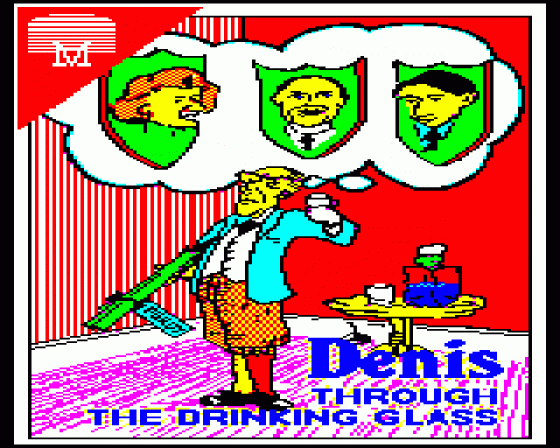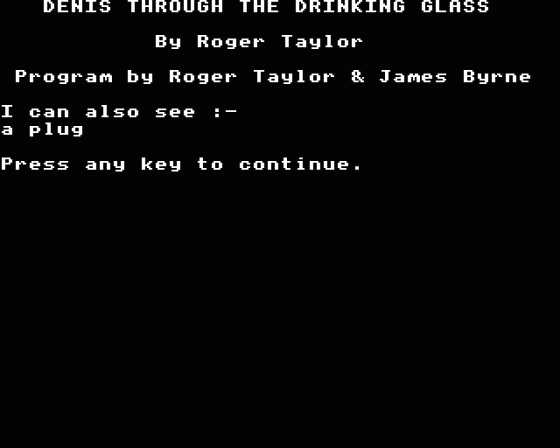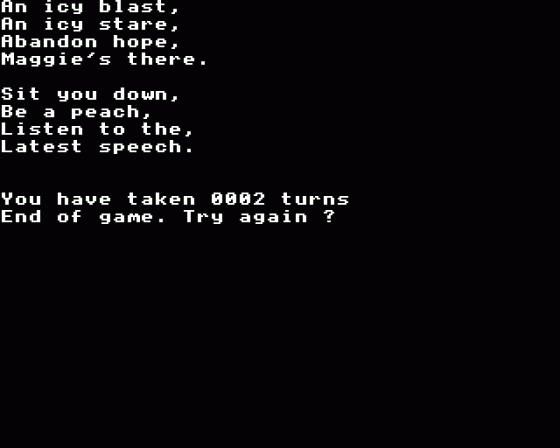Other Reviews Of Denis Through The Drinking Glass For The BBC/Electron
Deadly Trio In The Dungeon
Concentrating on the BBC this week, Mike Gerrard finds himself locked in a dismal cell, exploring a haunted house and finally chased by horrible nasties in one of the trickiest adventures published to date.


 1st November 1984
1st November 1984












